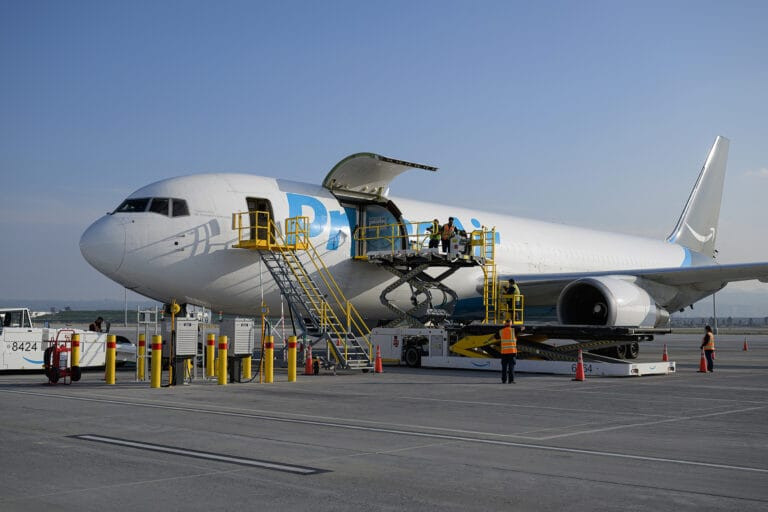As the airfreight market in North America experiences a significant transformation, San Bernardino International Airport (SBD) is looking to play a pivotal role.
Having once been an Air Force base, the hub transitioned to public use about 30 years ago. Over the past decade, SBD has focused on developing its cargo operations, first entering the market seasonally in 2016 with UPS.
Since then, its growth has been visible, as more carriers have started using the airport due to its easy access to the LA basin, competitive rates and fees, and ample ramp space.
“Trade is crucial to California, a state that serves as a significant hub for various transit methods, including major shipping ports and logistical points. Here in San Bernardino, we are committed to accommodating increasing cargo volumes,” Mark Gibbs, Airport Director of San Bernadino Airport, stated.
“California’s logistics landscape is significant; while New York is the largest market in the US, Los Angeles is the second largest, and we are strategically located to tap into this demand.
“Our airport serves as an excellent launching point to Asia, providing great market access while maintaining low operational costs. These advantages are key factors that have attracted carriers to choose San Bernardino as their hub.”
Trade lanes and intermodality
The connectivity at San Bernardino Airport has steadily improved over time. Initially focused on connecting to larger hub cities, it has now developed into a major hub.
Today, San Bernardino serves as Amazon’s second-largest hub in the United States, following their primary hub in Cincinnati (CVG).
As it expanded in size, it has allowed for more growth and diversification. For example, FedEx connects to its main hub in Memphis, while UPS operates to various markets.
“When we first began our partnership with UPS, followed by FedEx the next year, we quickly realised the potential challenge of an increasing number of trucks at the airport. To address this issue, we took proactive measures to enhance efficiency and streamline operations for our carriers,” Gibbs explained.
“We constructed a dedicated cargo-only truck entrance to the airport, which includes a high-speed off-ramp designed to accommodate multiple lanes. This setup minimizes the interference between trucks and other vehicles, ensuring smoother traffic flow. Additionally, we have an actively managed security station specifically for trucks, providing a quick and secure entry and exit process.
These improvements have significantly enhanced efficiency for both the trucks and all other airport users, and we have seen considerable success as a result.”
Environmental mindset
The 100-acre Amazon development at SBD was specifically designed with net-zero emissions in mind, making it the first of its kind in the world. Every piece of equipment on-site is electric, whether it’s a cargo loader, tug, forklift, or pushback tug. The site has 73 charging stations built for industrial-grade equipment, ensuring that the entire operation runs on electricity.
Additionally, a 650,000 sq ft cargo building is topped with solar panels, generating enough energy to power about 1,000 homes. This commitment to clean energy is evident throughout the Amazon hub, and they’ve done an outstanding job of setting the standard and being responsible stewards in their pursuit of sustainability.
“We can all strive to do our part and be responsible stewards of the environment, and we are committed to doing just that,” Gibbs highlighted.
“Right now, we’re seeing early efforts toward a cleaner environment with various technologies emerging.
“It’s really about technology catching up with market demands. It’s hard to predict with certainty what the dominant energy source of the future will be, as there are many competing options.”





